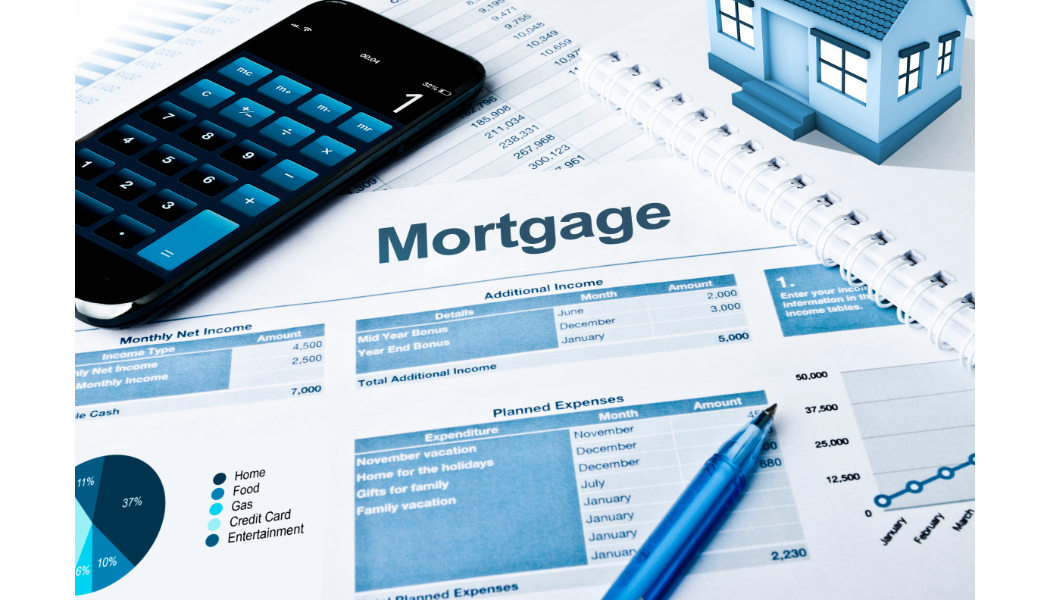Hold On...
The Bank of Canada has decided not to change its benchmark rate in its latest decision.
- This keeps rates steady for the fifth consecutive time.
- The overnight rate, which affects variable mortgage rates, stays at 5.0%, the same rate since July 2023. (Bank prime is still 7.20%)
- There were no surprises in this Bank announcement today.
- The Bank of Canada is still concerned about inflation risks and wants to see more easing in core inflation.
- Last month, inflation decreased more than expected to 2.9%, inching closer to the Bank's target rate, which was good news, but……
- The Canadian economy expanded in the fourth quarter and grew at a 1.0% annualized rate.
- The speech from the US Treasury later this week will give a better sign on the possible trajectory of the rates both north and south of the Border.
- Another thing to look for is the job numbers both here in Canada and in the US as these will have an impact on interest rate movement and timing of cuts.
All this to say it is a delicate balancing act right now and there is not enough economic incentive for the BOC to start cutting rates!
Leading economists still expect the Bank to lower the policy rate to 3% by 2025, with a 33% chance of a cut in April at the next Bank of Canada meeting. Most economist now think rate cuts will be delayed until the summer. I follow many economists and experts on the Canadian Economy and one of my favourites if Benjamin Tal. Here is what he has had to say after yesterday’s news from the BOC:
Still, while its tone was slightly more hawkish than many had expected, Tal said the central bank had good reason not to give away the game on when it’s likely to begin bringing rates down.
“What’s interesting is the language of the statement, which is not as dovish as some people expected,” Tal told Canadian Mortgage Professional after yesterday’s announcement. “There’s no hint of any cuts coming. They’re concerned about sticky inflation – and I think it makes sense.
Tal went on to say: …. the central bank is still likely to cut in June.
Time will tell if Ben has it right!
Fixed rates for a three-year term are now hovering in the low 5% range while the 5-year fixed rates are a bit lower than this, some even starting with a 4! The trouble with locking in for 5 years is that if/when rates drop further the penalty to break and refinance for an even lower rate could be very costly. Everyone’s situation is different so please reach out if you would like to discuss your mortgage renewal options.
Meanwhile, the real estate market is picking up with an up tick in listings and many buyers coming off the side lines. We do expect that this will continue through 2024 and if/when the BOC cuts and prime drops, activity heat up. If you want to consider your options for buying or selling and upsizing, now is the time to run the Mortgage Math!
The Bank's next announcement is scheduled for April 10, 2024! 🏠💰
As always, if you want to review your own personal mortgage please reach out for a complimentary Mortgage Review.
Let's Talk About Mortgage Renewals In 2024

At the risk of sounding like a broken record, today’s uncertain rate environment means mortgage renewals are more complicated!
Here are some things to consider if you have an upcoming mortgage renewal:
- Confirm that your lender’s renewal offer includes all available terms.
- Know that the lender’s first offer isn't always their best offer.
- Ask for a quote that includes the rate and the new payment.
- Understand that Mortgages can be moved to a new lender at renewal and this is often without a cost to the borrower!
- The time to shop for a new mortgage is 3 - 6 months before your maturity date.
If you would like to explore all of your renewal options be sure to reach out to book a call.
If you want me to monitor your mortgage you can sign up for this service here!
Share












